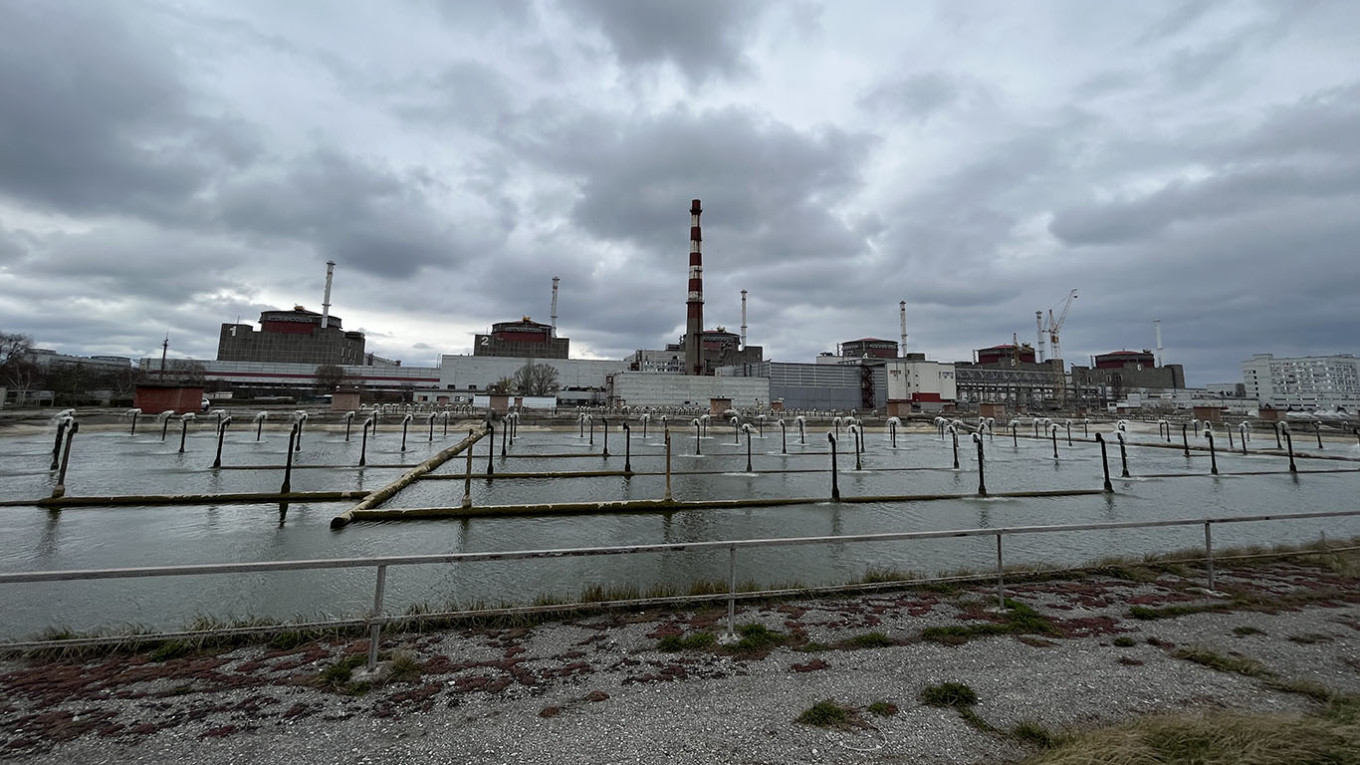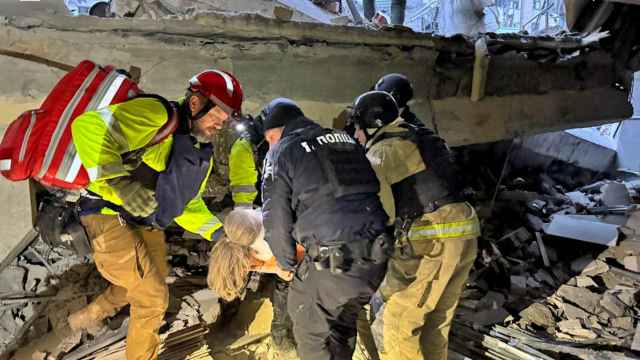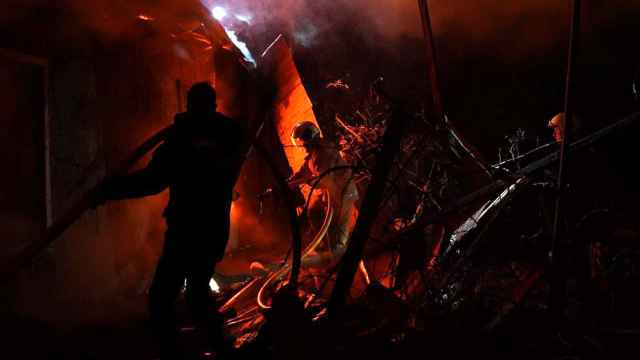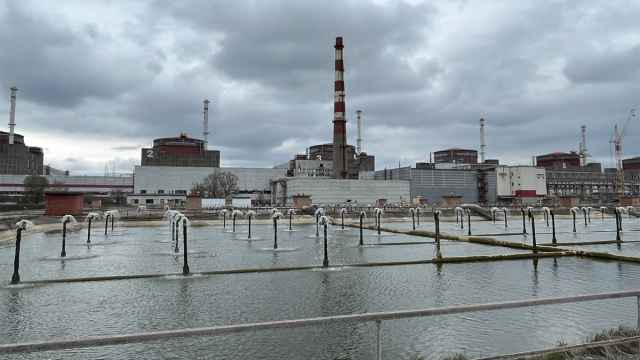Russia and Ukraine on Wednesday accused each other of blocking the rotation of staff from the International Atomic Energy Agency (IAEA) at the Zaporizhzhia nuclear power plant in southern Ukraine.
Moscow's troops seized the facility, Europe's largest nuclear power station, in the first days of its invasion of Ukraine. Since then, both sides of the conflict have repeatedly accused the other of risking a potentially devastating nuclear disaster by attacking the site.
Staff from the UN's IAEA have been at the power plant since September 2022 to monitor nuclear safety.
Ongoing clashes in the area have prevented IAEA staff from being swapped out as part of a planned rotation on Wednesday, according to Russian and Ukrainian authorities, marking the second such delay in a week.
Ukrainian Foreign Ministry spokesman Georgiy Tykhy accused Russia of "once again deliberately disrupting the rotation of IAEA experts at the Zaporizhzhia Nuclear power plant."
IAEA inspectors spend around five weeks at the plant in stints before being swapped out in a complex procedure that involves traveling across the front line under supervision from the Russian and Ukrainian militaries.
Tykhy accused Russia's army of opening fire near where the planned rotation was taking place, saying Moscow's goal was to force the IAEA team to travel through Russian-controlled territory and "violate Ukraine's sovereignty and territorial integrity."
Russia's Foreign Ministry spokeswoman Maria Zakharova said the Ukrainian army blocked the IAEA team from traveling to an agreed meeting point and were attacking the area with drones, at which point the Russian military withdrew its support team and returned to the station.
"On their return, the convoy carrying Russian military personnel and IAEA experts... came under attack by drone and mortar strikes," Zakharova said in a statement.
IAEA staff members were supposed to leave the station on Feb. 5 in a rotation that was also delayed.
The agency's head, Rafael Grossi, visited Ukraine and Russia last week to discuss the issue of rotations with officials from both countries.
A Message from The Moscow Times:
Dear readers,
We are facing unprecedented challenges. Russia's Prosecutor General's Office has designated The Moscow Times as an "undesirable" organization, criminalizing our work and putting our staff at risk of prosecution. This follows our earlier unjust labeling as a "foreign agent."
These actions are direct attempts to silence independent journalism in Russia. The authorities claim our work "discredits the decisions of the Russian leadership." We see things differently: we strive to provide accurate, unbiased reporting on Russia.
We, the journalists of The Moscow Times, refuse to be silenced. But to continue our work, we need your help.
Your support, no matter how small, makes a world of difference. If you can, please support us monthly starting from just $2. It's quick to set up, and every contribution makes a significant impact.
By supporting The Moscow Times, you're defending open, independent journalism in the face of repression. Thank you for standing with us.
Remind me later.






